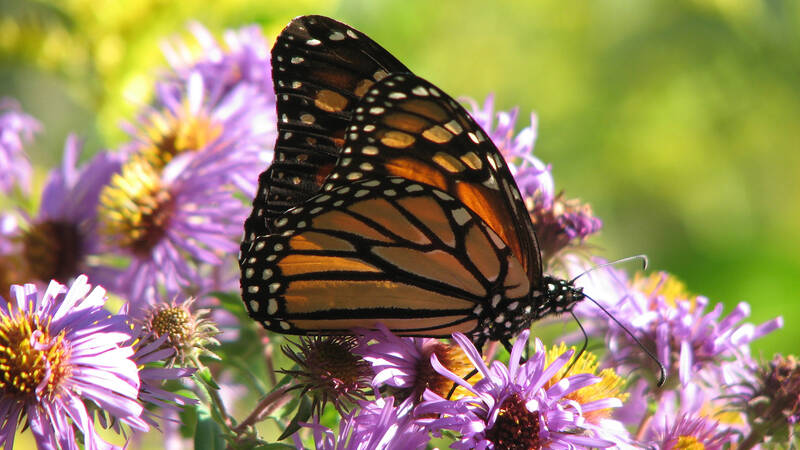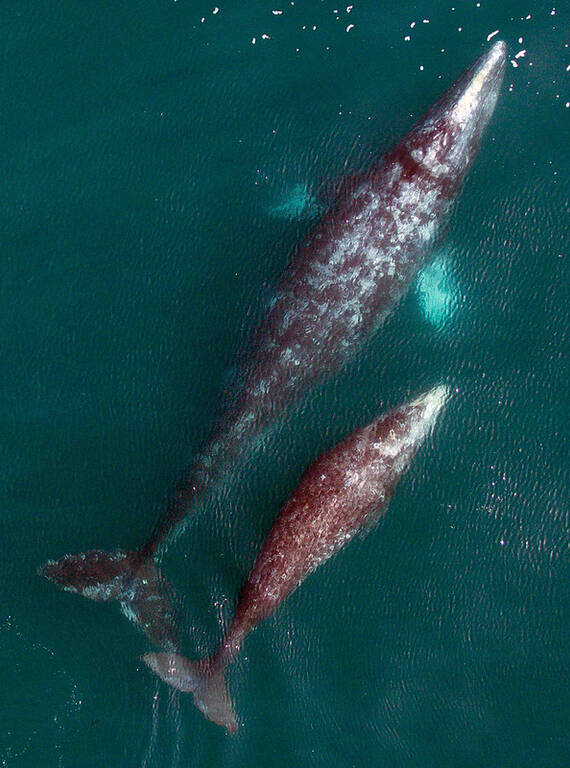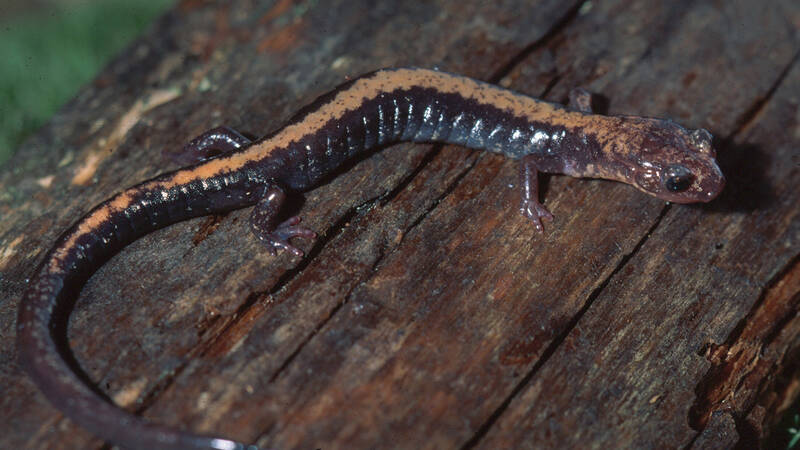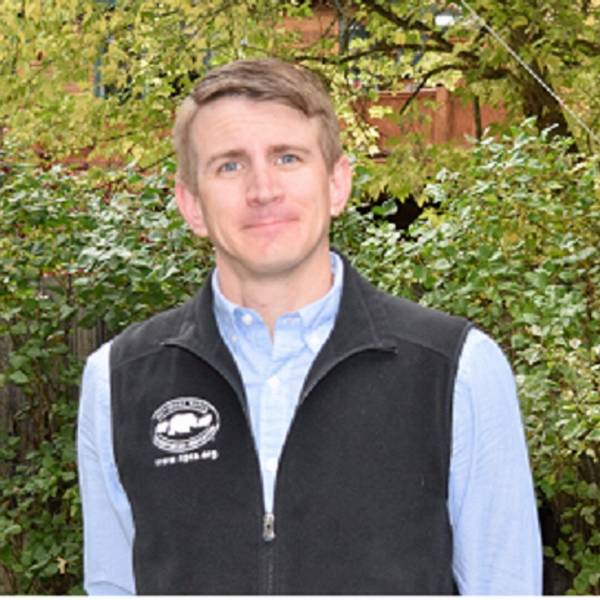A majority of Americans believe more needs to be done to safeguard national park wildlife, a newly released NPCA poll shows.
Our national parks and their surrounding landscapes are home to some of North America’s most cherished wildlife. We need to do more to ensure these populations are conserved amid unprecedented challenges and change.
But you don’t have to take my word for it: 88% of Americans agree more needs to be done to safeguard national park wildlife — including 85% of Republicans, 91% of Democrats and 87% of Independents surveyed.
Over the summer, NPCA partnered with The Harris Poll to complete our first-ever comprehensive poll of the American public on wildlife in national parks. Our goal was to better understand perspectives that were specific to the current threats park wildlife face and opportunities to better conserve these populations.
What the poll showed was heartening. Americans are broadly concerned about a variety of problems, from direct threats to the need for new investments, and they support action to better conserve park wildlife populations.

A monarch butterfly.
NPSIt is estimated that as many as 1 million species around the world are at risk of extinction if we don’t act. Climate change and human development are leading causes of this biodiversity crisis, and wildlife populations in our national parks are not immune from the devastation.
From migratory caribou at Gates of the Arctic to gray whales passing seasonally through the protected waters at Channel Islands to monarch butterflies at Great Smoky Mountains, no species is off the hook in a time of monumental change. And while headlines might argue that we can’t agree on much, the numbers tell a different story: 83% of Americans believe climate change is harmful to national park wildlife (74% of Republicans, 89% of Democrats and 85% of Independents).
This leaves me hopeful.
The survey also found that nearly 9 in 10 Americans believe land development — such as subdivisions, mines, solar and wind farms, and strip malls — is harmful to national park wildlife. This doesn’t mean that we must stop all development. It means we need to make smart decisions around where we allow energy, mining and other development moving forward. Simultaneously, we need to account for existing habitat needs and shifts in wildlife habitat that occur because of climate change.

A gray whale and her calf swim north along the California coast through Channel Islands National Marine Sanctuary and Monterey Bay National Marine Sanctuary.
NOAAAs we wrestle with the biodiversity crisis, one key solution is ensuring protected spaces are connected so wildlife can roam and migrate. The poll found that 87% of Americans support restoring or preserving wildlife habitat connectivity and migration corridors on lands and waters within and beyond park borders.
This is also a topic that Congress is considering, as the Senate Committee on Environment and Public Works recently held a hearing on “Challenges and Opportunities to Facilitate Wildlife Movement and Improve Migration Corridors.”
It’s exciting to see the bipartisan concern and interest in taking action on this issue.
Around the country, Americans are already uniting to protect and restore movement and migration corridors. In Southern California at Santa Monica Mountains, community members, state officials and the National Park Service are working to help mountain lions safely cross busy highway 101 by installing a wildlife overpass.
In Wyoming, Tribes, state officials, federal agencies, universities and nonprofits are working to protect and restore elk migration in the Greater Yellowstone Ecosystem. And in the East, efforts are underway from the Everglades to the northern end of the Appalachian Trail to protect and restore wildlife movement for species such as waterfowl, salamanders and black bears.
We are making progress, but more needs to be done. And we need new tools. As members of Congress and the Biden administration consider legislation and other actions to support corridors and wildlife movement on public lands as well as private, state and Tribal-managed lands, NPCA urges them to remember the strong bipartisan support that exists for this work.

A Shenandoah salamander, also known as the lungless salamander because it breathes through its skin.
NPSOne final finding from the poll to consider: 89% of Americans agree that more needs to be done to ensure federal, state and Tribal governments work together to restore, maintain or protect national park wildlife populations (85% of Republicans, 92% of Democrats and 89% of Independents).
I believe we all need to work together to conserve national park wildlife. From our poll findings, it seems there is a good chance you do, too.
Stay On Top of News
Our email newsletter shares the latest on parks.
About the author
-
 Bart Melton Senior Program Director, Wildlife
Bart Melton Senior Program Director, WildlifeWorking from Washington, D.C., Bart currently leads NPCA’s Wildlife Program, focusing on the critical issues facing national park wildlife across the country.
-
General
-
Issues

